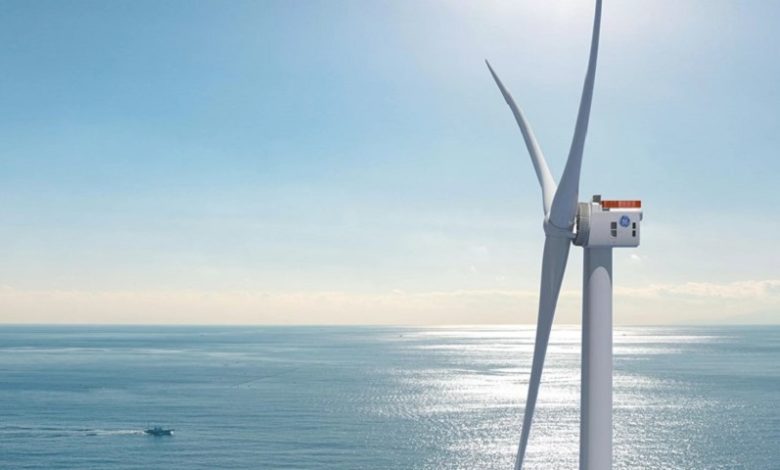Lithuania cancels second offshore wind tender

The second tender for a wind farm offshore Lithuania was cancelled due to a lack of interest from developers.
Lithuania’s National Energy Regulatory Council waited for applications until April 14 for a tender announced in January this year. At least two bidders had to participate for the tender to be considered successful, but only one was interested in developing the 700MW wind farm – the state-owned Ignis Group.
Regardless of preparatory work being completed as well as an environmental impact assessment and seabed studies in addition to the development being supported by the country, the tender failed to attract developers.
The Lithuanian Ministry of Energy said that it would conduct consultations with market players on the renewal of the tender and hopefully set a new tender date.
“The second 700 MW offshore wind farm is a project of strategic importance and absolutely necessary for Lithuania’s energy independence; therefore, after consultations with market players, the tender will be relaunched as soon as possible. During these consultations we need to find out what specific conditions would maximise the attractiveness of the project and increase its resilience to market fluctuations,” said Daniel Kreivys, minister of energy of Lithuania.
The tender for the first 700 MW offshore wind project was launched in March last year and it attracted two bidders. The winner, announced in July 2023, was Ignitis Group and its partner Ocean Winds.
This project had some problems of its own as reports emerged that Ocean Winds was looking to exit the project. However, the two later formed a joint venture for the development of the project putting the offshore wind farm development back on track.
Lithuania wants to have two offshore wind farms with a combined capacity of 1.4GW. When developed, they should cover half of its current electricity consumption needs. The country has already set a target to source its electricity exclusively from local renewable energy sources by 2030. Renewables currently account for around 40% of its total demand.
